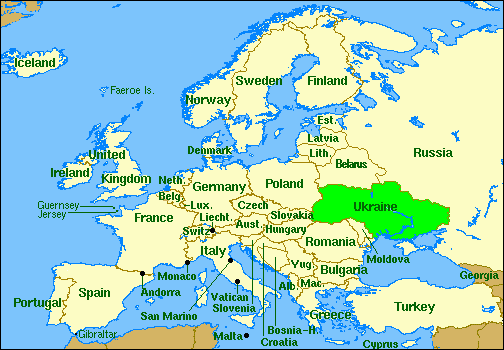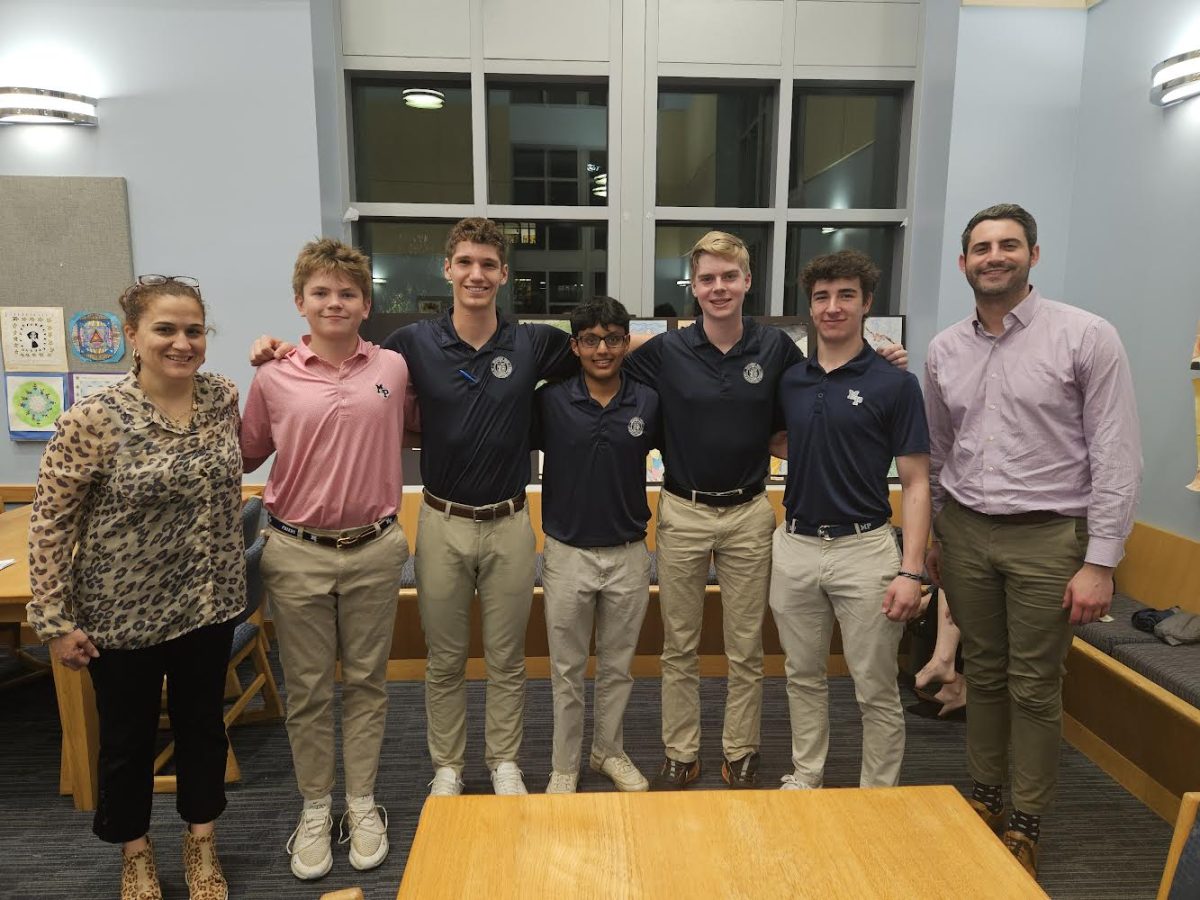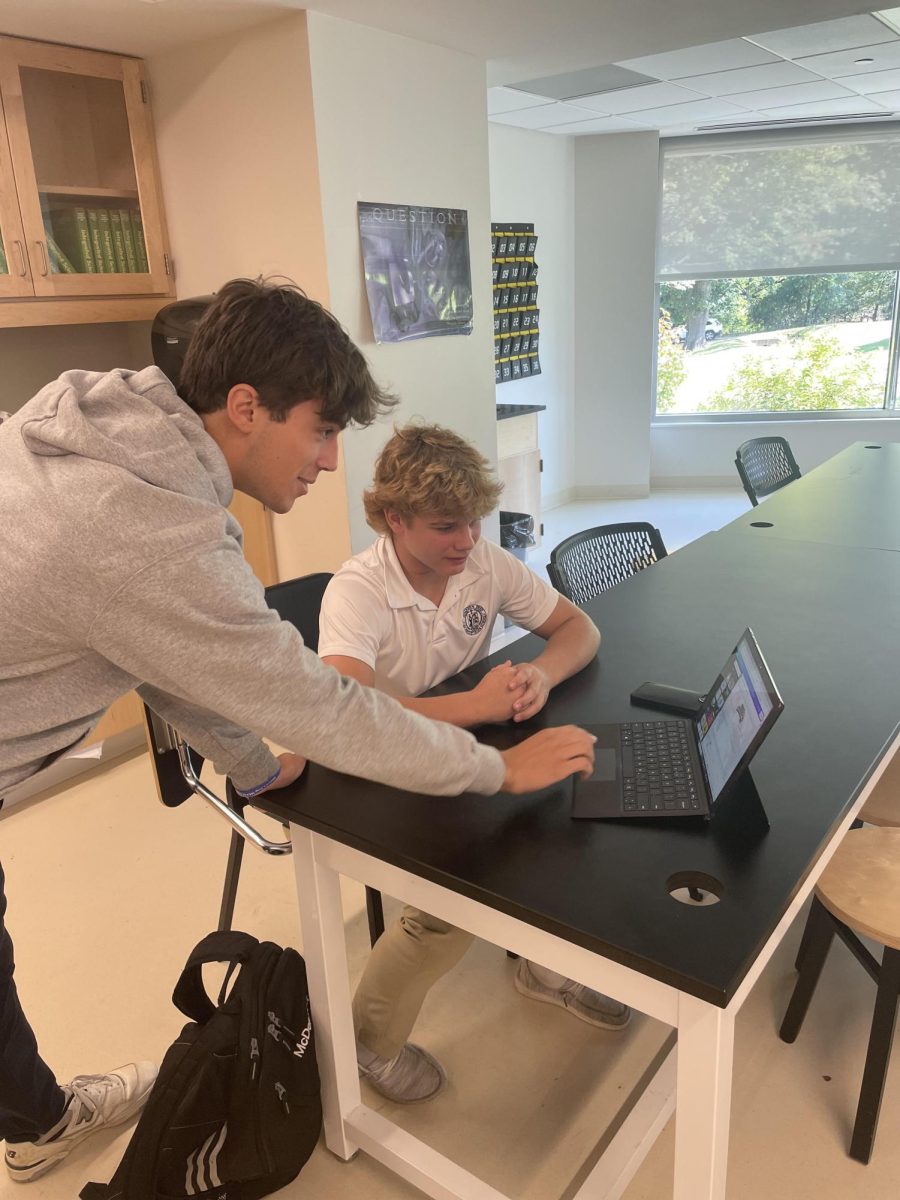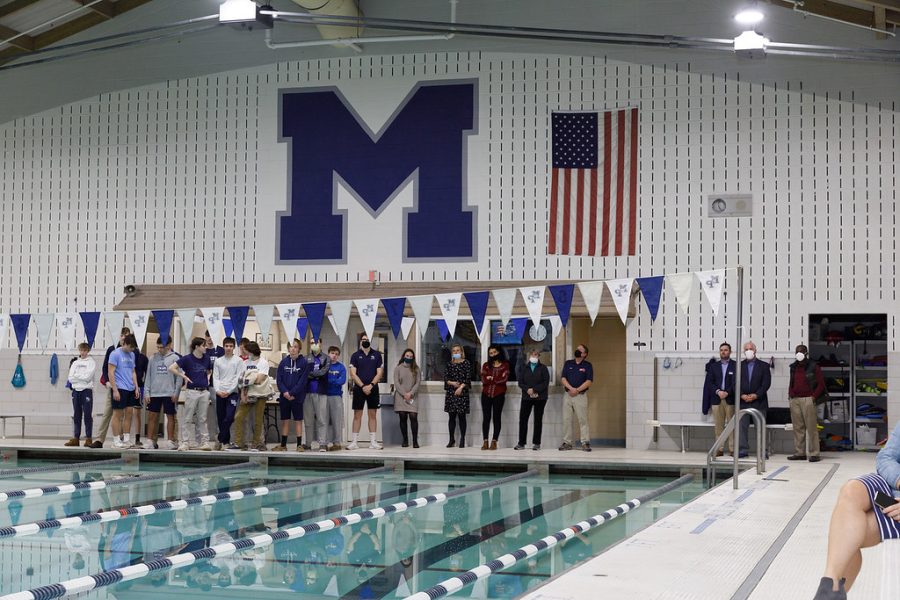 It has been several months since the annexation of Crimea, and as the instability continues, it is clear that the unrest will go on. As Ukraine votes for a new president, Malvern watches with the rest of the world to see what happens next.
It has been several months since the annexation of Crimea, and as the instability continues, it is clear that the unrest will go on. As Ukraine votes for a new president, Malvern watches with the rest of the world to see what happens next.
Are we going to war? If you follow the news, you may have asked yourself this question once or twice after seeing developing stories coming out of Ukraine in the past few weeks and months.
Wait, where is Ukraine, and why are we concerned?
Ukraine is a country in Eastern Europe that used to be a Soviet republic during the Cold War. Since the fall of the Iron Curtain in the early 1990’s, Ukraine became an independent country, along with the other 15 republics. In the past few months, the people of Ukraine have tried to grow closer ties with the European Union, but when then-president Viktor Yanukovych scrapped the deal for closer relations with Russia, the people took to the streets, declaring their dissatisfaction. The protests soon grew violent, and Yanukovych fled to Russia on 22 February of this year.
Tensions escalated when Russia, formerly neutral in the affair, annexed the region of Crimea, which was extremely pro-Russian, and in the heat of the revolution, voted to secede and join Russia. Before the vote, militants without uniforms stormed airports and government buildings in Crimea, and flew the Russian flag over them.
After the annexation of Crimea, President Obama has stressed there will be extreme consequences for this action, namely in the form of economic sanctions, along with the European Union. Mr. Obama has also declared that there would harsher sanctions if Russia intervenes in Eastern Ukraine, which has become a battlefield as militants seized government buildings, just like Crimea.
So, are we doing what should be done? According to science teacher Captain Robert Boyce, “[these] sanctions haven’t really worked, and I don’t think it’s going to work against Russia, because Europe doesn’t want the sanctions because then they can’t import the fossil fuels, which are vital.”
Should we act militarily? “In my opinion, the answer is no [for a military reaction],” said Boyce.
History teacher Mr. Andrew Burke says that de-escalation is key. “Putin needs to save face,” said Burke. “The sanctions, while they haven’t really worked thus far, is making Putin cautious, because he realizes there will be harder sanctions if he gets directly involved in the south or east [of Ukraine].”
“We should acknowledge Crimea is a part of Russia,” added history teacher Mr. Robert Colameco. “What we need to make sure is that there is no more aggression.”
In the past two weeks, there were new referendum votes in the east of Ukraine, just like in Crimea. Also like in Crimea, the results were overwhelmingly in favor of secession from Kiev and Russian rule. Mr. Burke is doubtful of the sincerity of the election, however. “I think Russia supported those votes and allowed the elections to take place,” said Burke.
With the results of this new vote, and the world’s eyes on Ukraine, no one knows how it will turn out. President Obama and other world leaders can only hope for a peaceful resolution, but must be prepared for the worst.






